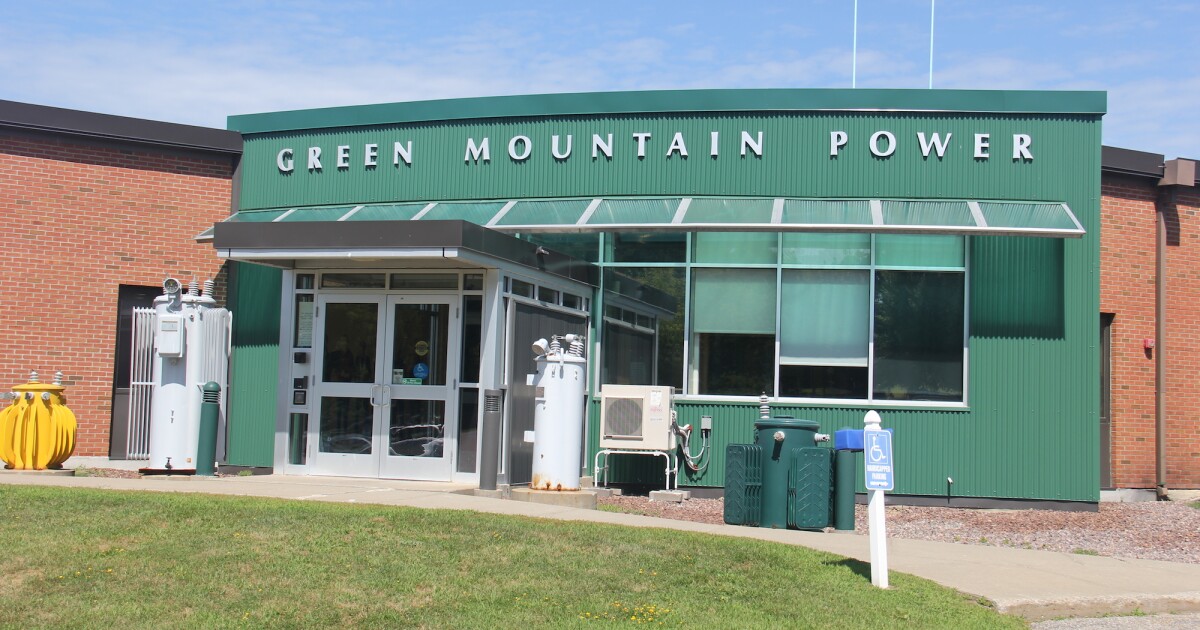
Vermont regulators lift cap on Green Mountain Power home battery programs
Green Mountain Power says more people signed up for the batteries, which are able to store power and provide energy during extreme weather events, after this summer's floods.
Certain utilities in VT have offered customers the option of leasing a home battery for a couple of year under pilot program but the state now taken the limits off the number of customers who can get the program plus added a bring your own battery option (meaning non powerwall). The big selling point is that when the power goes out, the homeowner can run off the battery for some limited period of time. Vermont has notoriously unreliable power in rural areas so power outages especially in the winter are frequent so having some standby power is handy. The customer gets various benefits for renting a battery and more importantly in exchange for those benefits, the utility gets the right to "borrow" the batteries capacity to deal with short term grid events. In the event of major transmission systems loss, getting backup power for the first 5 minutes is quite expensive so having the option of being able to discharge local home batteries back into the grid for a short period means that expensive 5 minute power will be needed in lesser amounts. In the event of localized power sags, the batteries can be dispatched to boost up the grid.
The trade off is if the weather is stormy and the power if going on and off, the utility may borrow some power from the home battery to support the grid and then when the power goes out, the homeowner is left with a nearly empty battery. This is not theoretical, there have already been incidences where the batteries were mostly drained before the grid power finally went out.
There is a reserve on the battery but its reportedly quite low so the person paying the extra money on their bill quickly see the power go out. It works fine if its an unusual grid event like a car running into a pole or transmission and distribution issue but not so good for wind and rain events.
As far as I am concerned, it makes more sense to have an electric car in the driveway with a B2G connection rather than a dedicated battery but if folks want to pay to be guinea pigs to have another battery in the house, more power to them. My guess is the majority of folks in the program are in it for bragging rights.




